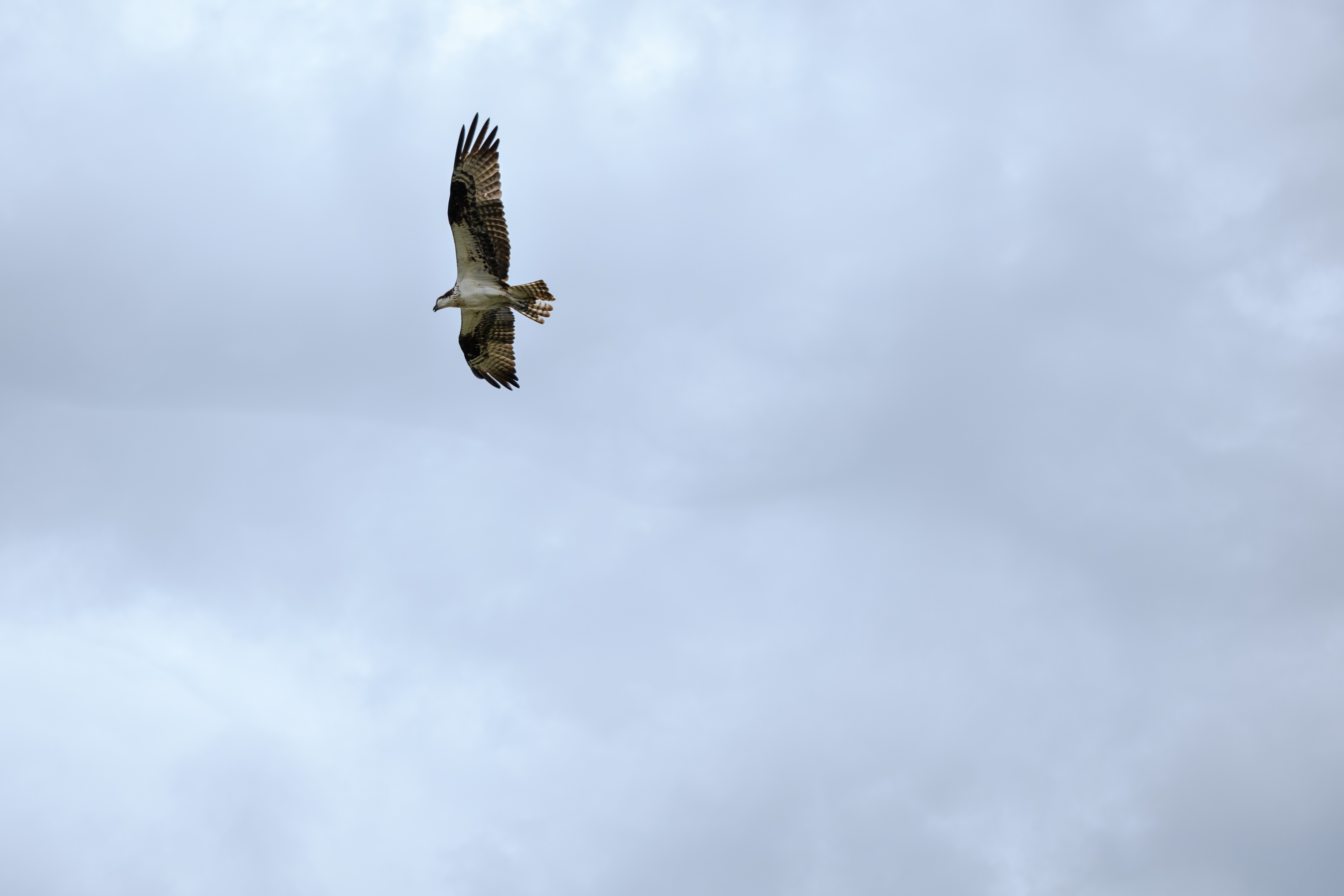Bahala Na
- Notes
Bahala na, as taught to Jenny Odell by an artist born in the Philippines, is a Tagalog phrase that translates to “whatever happens, happens”:
That may sound resigned or passive, and indeed, an American psychologist argued in the 1960s that the attitude described by bahala na had similarities with American fatalism. But when the Filipino psychologist Alfredo Lagmay interviewed people around Manila about its usage, a more interesting picture emerged. What he found was a “positive, functional response to uncertainty,” something that meant meeting the present with everything you had at your disposal, a sharp-eyed sallying forth even when you didn’t feel totally prepared or in control. It was a form of acceptance that was actually the opposite of giving up because acceptance was the beginning of observation and response.
Jenny Odell, an author I love, continues to describe bahala na in a way that’s similar to what I’ve learned in my recent adventures with Zen and Stoicism:
Both declinism — the belief that the past was better and the future will be worse, and blind optimism — the belief that the past was worse and the future is inevitably better — absolve us of our responsibility to act now, in this gap between the past and future. In contrast, the improvisational spirit lives inside that gap, and it can be surprisingly full of ingenuity and joy even when the situation is dire. As something we share with our nonhuman brethren, the capacity to form new responses is how you know you’re alive, today, here. So when my mum says, “whatever happens, happens,” what I hear is not resignation but a mix of humility, trust, and curiosity. And I think it’s like this — through love of the present, and of ourselves in it — that we actually win the future.
All we have is now. The past and the future don’t exist, now. We live now. I don’t know how else to describe it. The present moment is the only moment that matters; life is made of the present moment. To live well, live now.
